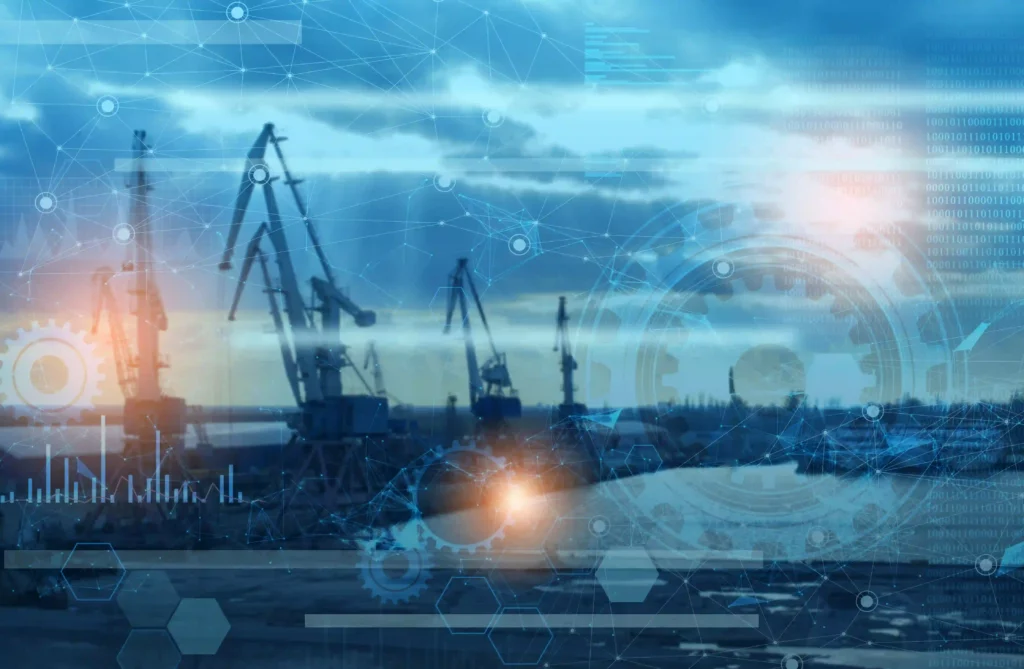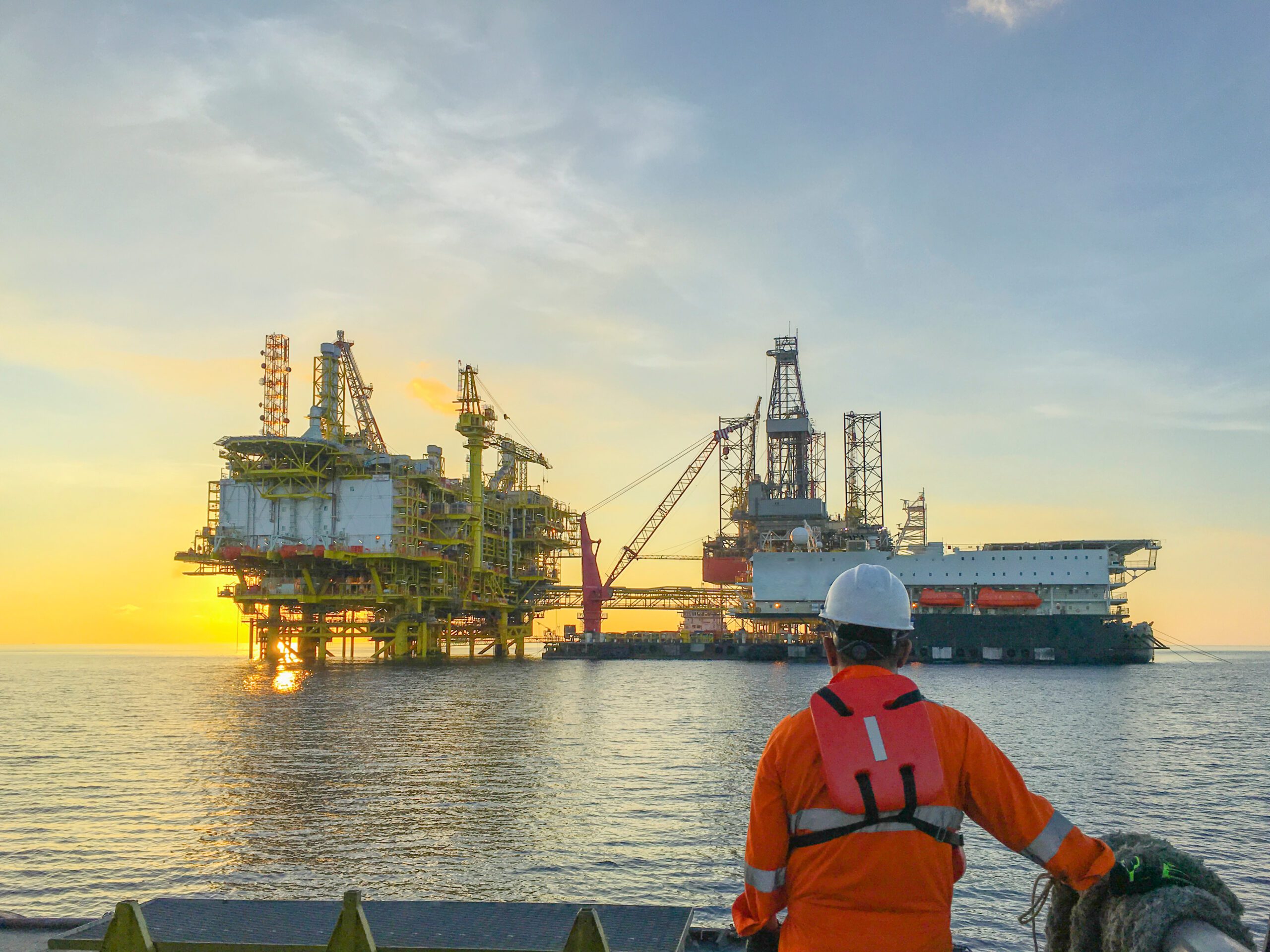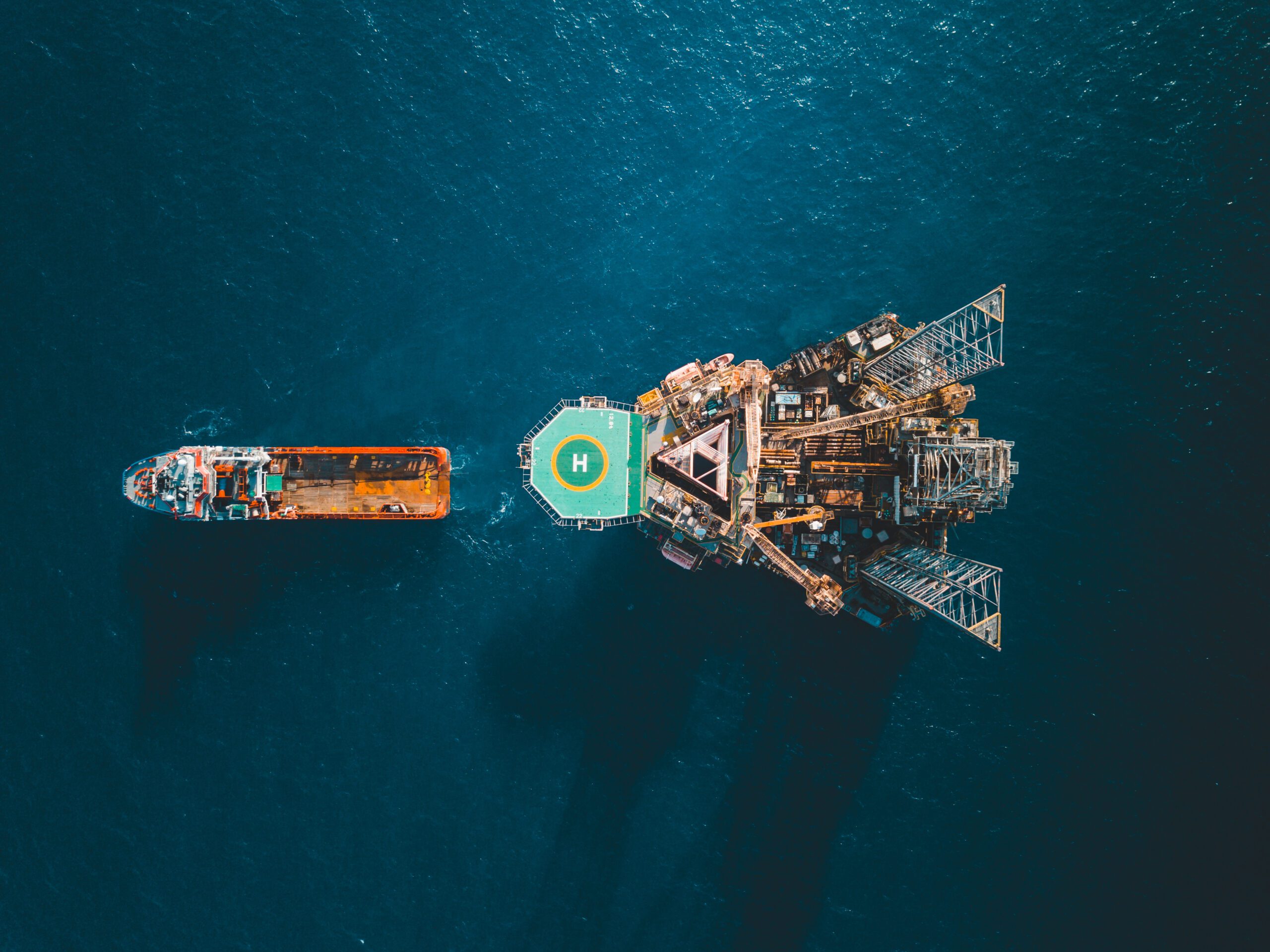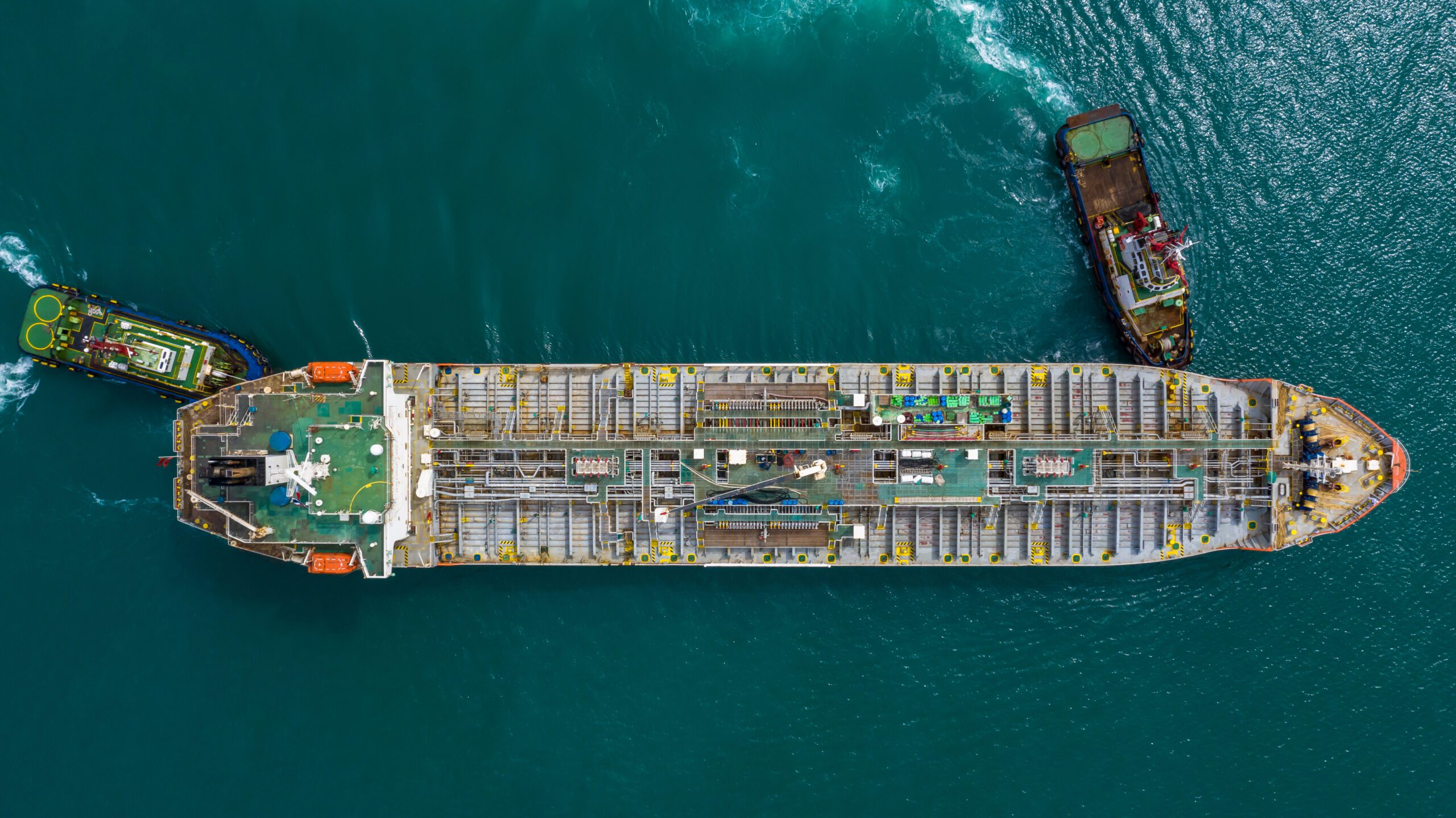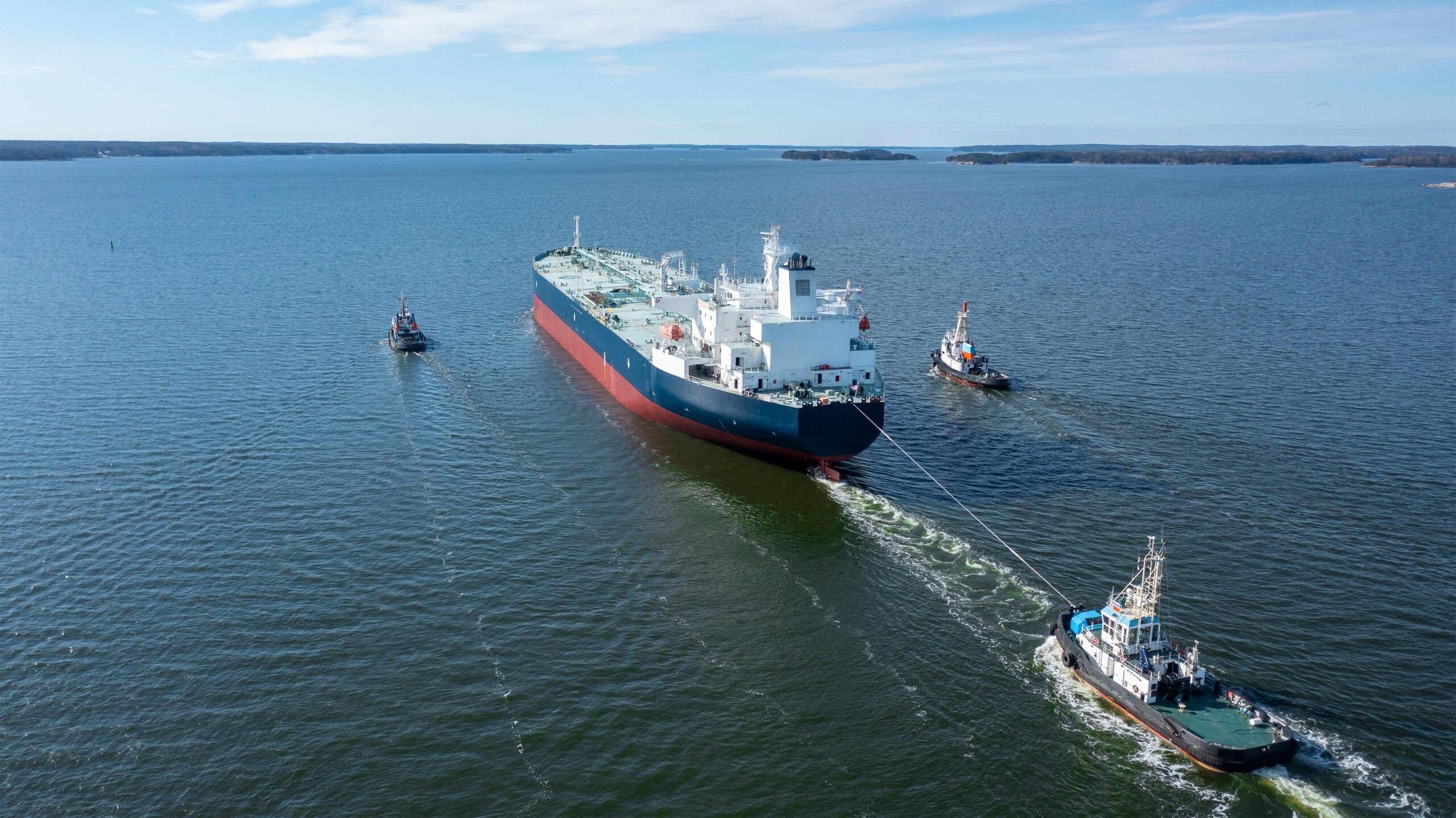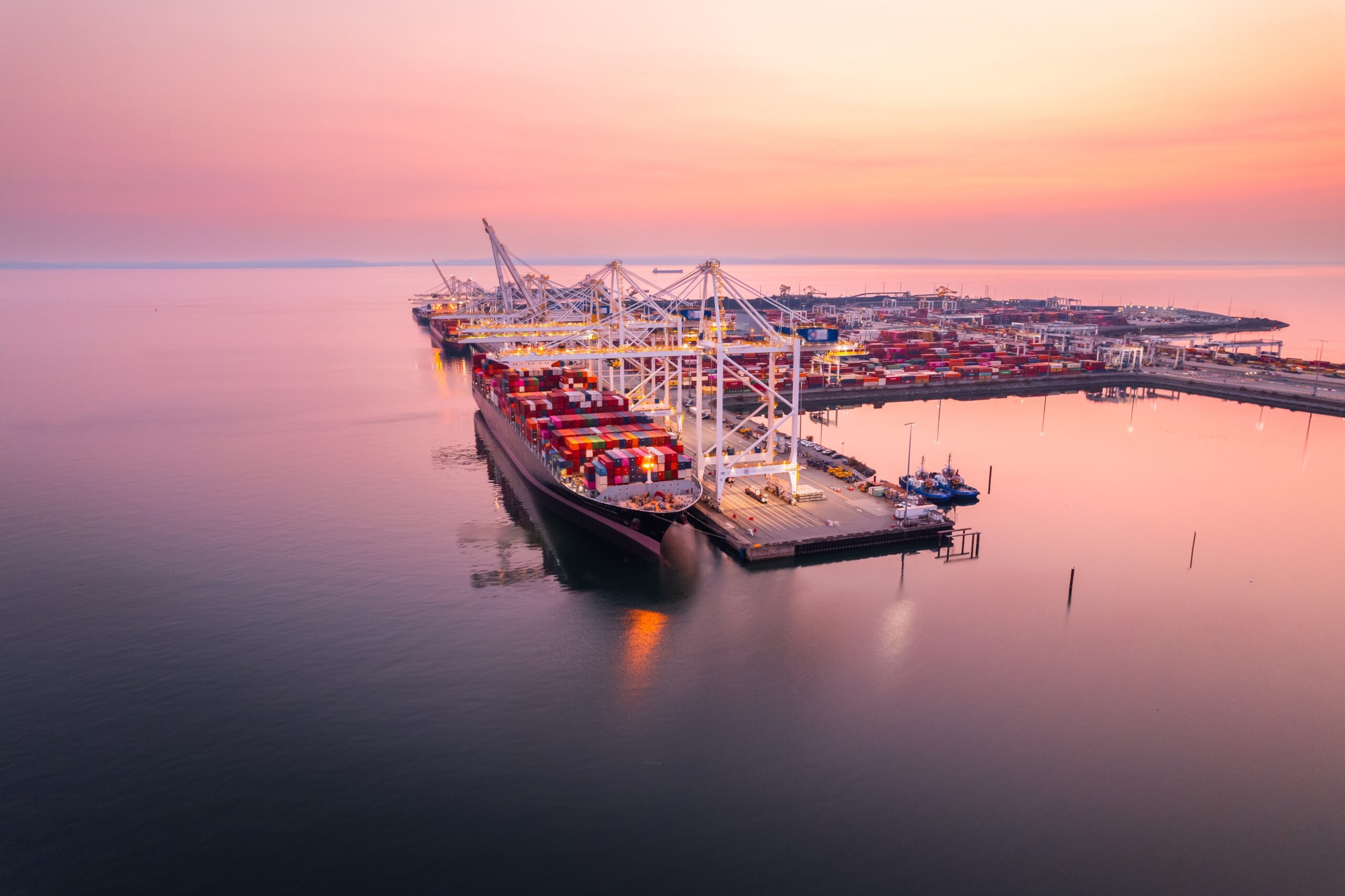In today’s rapidly evolving industrial landscape, process automation systems are steering a transformative revolution in maritime transport and shipping systems. As global trade continues its exponential growth, the maritime sector is harnessing innovative technologies to bolster efficiency, safety, and sustainability. This blog post delves into the profound impact of maritime automation systems, exploring how they are reshaping the industry and revolutionising the way goods navigate the world’s oceans.
Government Initiatives and Comprehensive Automation
Governments worldwide are increasingly acknowledging the potential of smart shipping and automation to optimise maritime operations. A prime example of this commitment lies in the Netherlands, a frontrunner in embracing comprehensive automation in the maritime sector. The Dutch government’s official website articulates a dedication to smart shipping, which encompasses modern navigation systems, remote monitoring, and even the concept of autonomous vessels. By embracing automation, the maritime industry aims to minimise the occurrence of human error, amplify safety measures, and significantly curtail its environmental footprint.
Seafarers and the Paradigm Shift
Despite the evident advantages of automation in maritime operations, its integration has sparked pivotal discussions about the role of seafarers. The International Transport Workers’ Federation (ITF) advocates for an approach wherein automation complements, rather than replaces, the human workforce. Automation possesses the capability to handle routine tasks, liberating seafarers to focus on intricate decision-making and managing emergency situations. In this context, the ITF emphasises the necessity for comprehensive training and ongoing support, ensuring that seafarers seamlessly adapt to this transformative technological shift.
Insights from the Marine Automation Systems Market Study
The marine automation systems market is currently experiencing an extraordinary surge in growth, primarily driven by the escalating demand for safer and more efficient maritime operations. A comprehensive market study conducted by the ARC Advisory Group delves deep into the multifaceted dimensions of marine automation systems. The study illuminates the widespread adoption of advanced navigation technologies, sensor-driven collision avoidance systems, and the rapidly increasing role of artificial intelligence in fine-tuning vessel performance. This market study underlines the fact that maritime automation systems are not merely a fleeting trend; rather, they represent a pivotal paradigm shift with far-reaching implications.
Embracing Automation in the Shipping Industry
The influence of automation in the shipping industry is not confined to vessels alone. Cargo Shipping International delves into the multi-pronged impact of automation on the entirety of shipping operations. The integration of automated port cranes and cargo handling equipment streamlines the otherwise labour-intensive loading and unloading processes, considerably truncating turnaround times. Furthermore, the deployment of unmanned surface vessels and drones for tasks such as surveying and environmental monitoring signifies a holistic approach to automation, redefining the shipping industry’s operational efficiency and overall resilience.
The integration of control systems, process automation, reliable operation, digital transformation, protecting the environment, gas propulsion, and effective management practices is driving a transformative revolution in the maritime industry. By harnessing the power of automation and technology, the industry is poised to overcome its challenges, enhance its efficiency, and pave the way for a more sustainable and prosperous future.
Mr. Marine’s role in Maritime Automation
Mr. Marine is committed to maritime automation, evident in their comprehensive range of products and services, most prominent in Mr. Marine Instruments and Controls. Their dedication to advancing automation technology is clear through the variety of modern solutions they offer. With a strong background in maritime expertise, Mr. Marine equips vessels with top-notch automation tools that enhance precision, safety, and operational efficiency. Their ongoing efforts to improve and expand their automation solutions establish them as leaders in the field, driving the progression of maritime technology. By seamlessly integrating advanced technology with maritime knowledge, Mr. Marine plays a vital role in reshaping the industry, ushering in a new era of enhanced automated capabilities
Maritime Automation’s Endless Possibilities
In conclusion, maritime automation transcends the realm of mere buzzwords, becoming a catalyst for transformative change within the industry. Governments, organisations, and corporations are pooling their resources to harness the potent capabilities of automation, intending to amplify safety measures, enhance operational efficiency, and pave the way for a sustainable future. As we navigate through uncharted waters, the incorporation of automation within the maritime sector stands as a testament to human ingenuity and the boundless impact of technology.
Though challenges and adjustments undoubtedly lie ahead, the promise of safer seas and optimised operations beckons on the horizon. This journey, characterised by maritime automation, signifies a beacon of progress within the global trade landscape. Through the harmonious fusion of human expertise and technological innovation, the maritime industry is poised to usher in a new epoch of excellence, demonstrating the remarkable potential of man and machine working in tandem. The metamorphosis is underway, setting the stage for the maritime industry’s resplendent future driven by the winds of automation.
As we look forward, it’s imperative to recognize the broader implications of maritime automation beyond operational efficiency. This transformative shift in the industry has profound socio-economic implications, ranging from job creation to environmental sustainability. With automation systems at the helm, maritime transport is becoming not only more efficient but also more environmentally friendly, aligning with global efforts to combat climate change. Additionally, the integration of advanced technologies fosters innovation and entrepreneurship, opening doors to new business opportunities and economic growth in maritime regions around the world.


